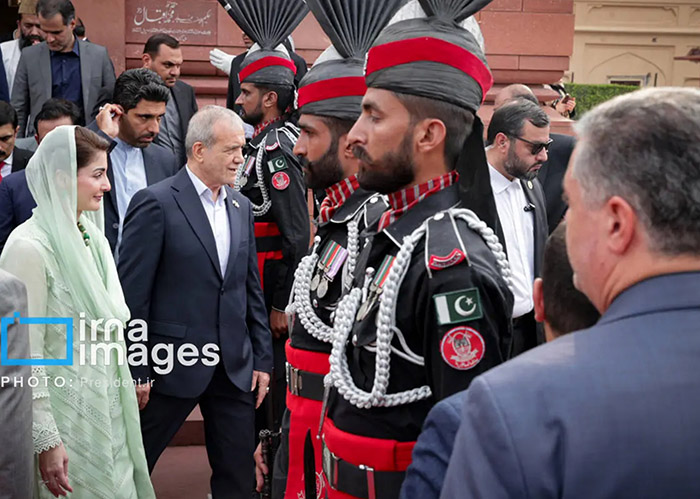During a joint press briefing following their initial talks, the two leaders announced plans to:
-
Expand border markets, especially in the Balochistan–Sistan corridor
-
Facilitate banking transactions through local currency agreements
-
Establish a bilateral trade commission to oversee implementation of economic pacts
-
Open a free trade zone near the Rimdan–Gabd border crossing
Iran’s Minister of Industry, Mines, and Trade and Pakistan’s Commerce Minister also signed a Memorandum of Understanding (MoU) aimed at reducing non-tariff barriers and streamlining customs operations. Special attention is being given to cross-border electricity trade, with plans for increasing Iran’s power exports to Pakistan’s border regions.
Energy Diplomacy: Reviving the Pipeline Project
Perhaps the most anticipated topic of discussion was the Iran–Pakistan Gas Pipeline—a long-delayed but strategically critical infrastructure project. Despite international sanctions and logistical challenges, both sides reaffirmed their commitment to exploring legal and practical avenues to make the project viable.
The two energy ministers held a closed-door meeting to finalize technical and financial assessments. Analysts believe that a breakthrough on this front could significantly reduce Pakistan’s chronic energy shortages and open up a new chapter in regional energy cooperation.
A joint statement issued by both countries noted that “constructive dialogue has resumed on cross-border energy infrastructure, with full recognition of each country’s legal and international obligations.”

